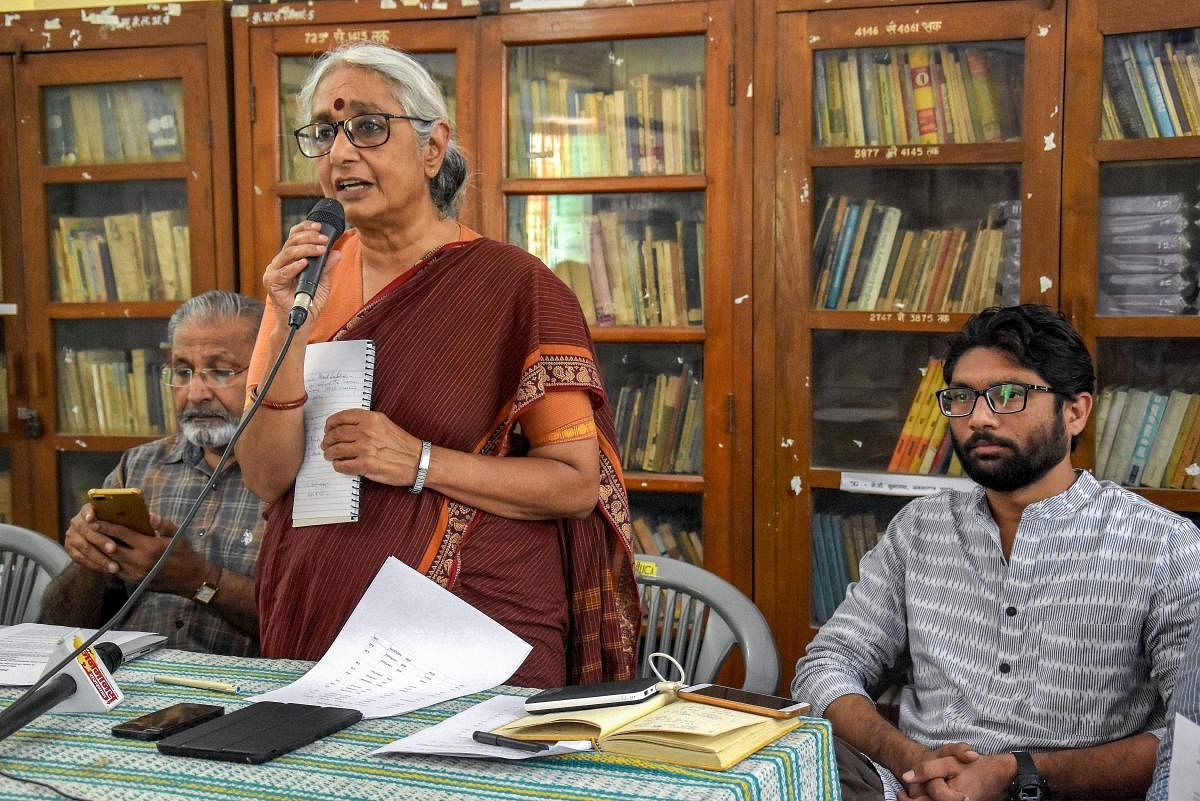
Despite the promise to pass the Bill for women’s reservation in assemblies and parliament being in the manifesto of most political parties before elections, the Bill has been languishing for more than a decade, due to the hunger of men for monopolising political power. If the paradigm of development followed by male politicians in all these decades in this country has to change, women need to be in those decision-making bodies - the legislatures and parliament.
Men, more often than not, opt for gigantic physical infrastructure projects in the form of huge dams, power plants, industrial corridors, river-linking projects, etc., with scant concern for the displacement of the voiceless and the marginalised these cause, as well as the environmental costs these entail to the land, water and air. Given a woman’s caring and nurturing nature, which she has demonstrated over millennia, it is likely that more women in assemblies and parliament would bring in better policies for rehabilitation of the displaced people and better protection of our environment.
Not only political power, but men also hold most of the land and property in their names. Women own less than 2% of the farmland, though they work more than men on them. More women in the elected bodies should result in women being given a greater share in these assets which automatically give them greater freedom.
More women in the legislatures should mean that policies will also be framed so that much of the unpaid work of women in homes will be converted to paid work by women workers taking over these tasks. Even when some women have been nominated or given tickets to be elected to the legislatures or parliament by male-dominated political party leadership, what has been their contribution in bringing about such policy changes?
But when women have been given 33% reservation in urban and rural local bodies, now increased to 50%, what has been their contribution? Many rural elected women representatives (EWRs) have proven themselves to be highly efficient as they have received good training and sensitisation. There are cases of rural EWRs facing local mafias, threats and violence in their efforts to fight corruption, land grabbing, polluting industries, etc.
Many rural EWRs are also handicapped by their illiteracy, for instance, when clever male leaders or bureaucrats make them put their thumb-prints on letters they can’t read, etc. That we have failed to provide equal opportunities to all women to get educated despite 70 years of independence is the cause of this failure.
However, many EWRs in local bodies, allow themselves to be sidelined by their husbands or male relatives, who do all the work in their place. This is because political parties have favoured wives, daughters, sisters, etc of male politicians while distributing tickets for seats reserved for women. Such women act as proxies for their male relatives. Due to such practices, women party workers who may have worked for the party for long years are ignored. The question arises why women politicians do not protest against such practices.
Why women who have contributed outstandingly to public policy making and the nation’s good - and not just the good of women - such as Medha Patkar, Aruna Roy etc., have never been considered for nominations or elections to the legislatures or parliament is a question political parties need to answer.
(The writer is the executive trustee of CIVIC Bangalore)